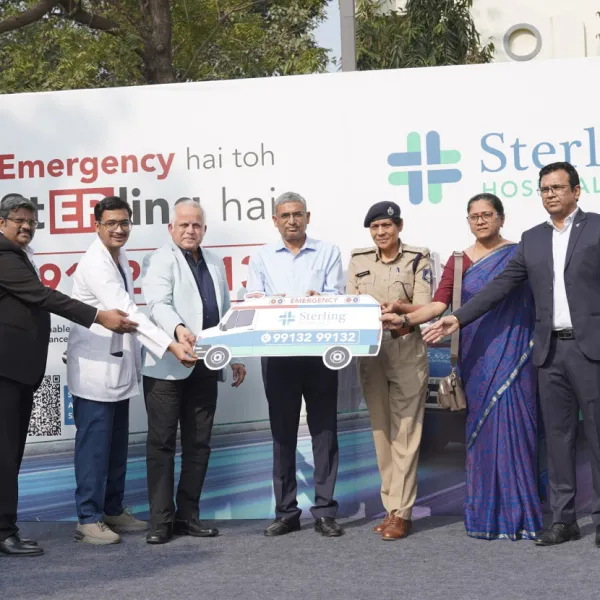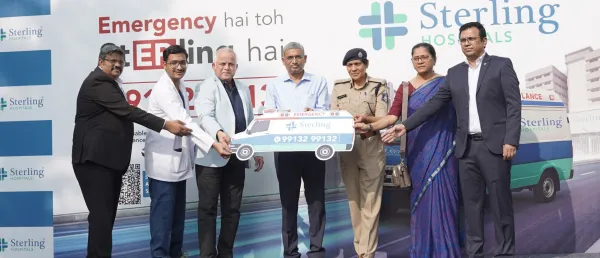IIT-D Develops Affordable Wearable Pressure Sensor for Gait Analysis & Postural Deformity Detection

The scalable wearable pressure sensor offers potential solutions for diverse applications, spanning agriculture, healthcare, the energy sector, industries, sports, and more.
To address prevalent postural deformities affecting many individuals, Indian Institute of Technology Delhi (IIT-D) researchers have designed a highly flexible wearable pressure sensor.
This device utilises a nanocomposite material, incorporating a combination of light-sensitive polymer and piezoelectric nanoparticles. The sensor's distinctive properties enable easy array design, simple implementation, and cost-effective human movement and injury rehabilitation monitoring.
Gait and postural deformities, such as splay foot, flat foot, unstable hind foot with protruding heels, high arches, and irregular gait, are widespread and debilitating.
These challenges have prompted extensive research into detecting these deformities and finding efficient corrective measures.
The wearable sensors developed by IIT-D researchers effectively respond to the mentioned abnormalities, associating specific pressure patterns with each type of abnormality.
The fully flexible wearable sensor can be seamlessly incorporated into insoles of various sizes or attached to specific body parts, allowing localised pressure sensing.
Its dual transduction nanocomposite material facilitates concurrently sensing mechanical strain and contact force or pressure. This capability enhances integration with current machine learning algorithms, providing many valuable features.
One of the key objectives of this innovation is to provide an economical alternative to expensive footwear modifications often required to address postural deformities.
The scalable wearable pressure sensor offers potential solutions for diverse applications, spanning agriculture, healthcare, the energy sector, industries, sports, and more.
With its potential market penetration, this technology can revolutionise postural assessment and rehabilitation, significantly improving the quality of life for many individuals.
In a collaborative effort, in September, iHub Anubhuti-IIITD Foundation, the Technology Innovation Hub of IIIT-Delhi, and the iHub Foundation for Cobotics (IHFC), the Technology Innovation Hub of IIT Delhi, introduced the 'MCC-Medical Cobotics Centre' on the campus of IIT Delhi.
This joint medical facility, generously funded by the Department of Science and Technology (DST), Government of India, as part of the National Mission on Interdisciplinary Cyber-Physical Systems (NMICPS), holds the promise of bringing about a significant transformation in the realm of medical education, research, and innovation.
Furthermore, in July, IIT-Delhi achieved a breakthrough by developing a simulation tool to optimise operational responses in the face of health crises.
This probabilistic simulation tool was designed to evaluate and enhance the capabilities of public healthcare networks during pandemics, with its effectiveness demonstrated in managing the COVID-19 pandemic in North India.
Stay tuned for more such updates on Digital Health News





























